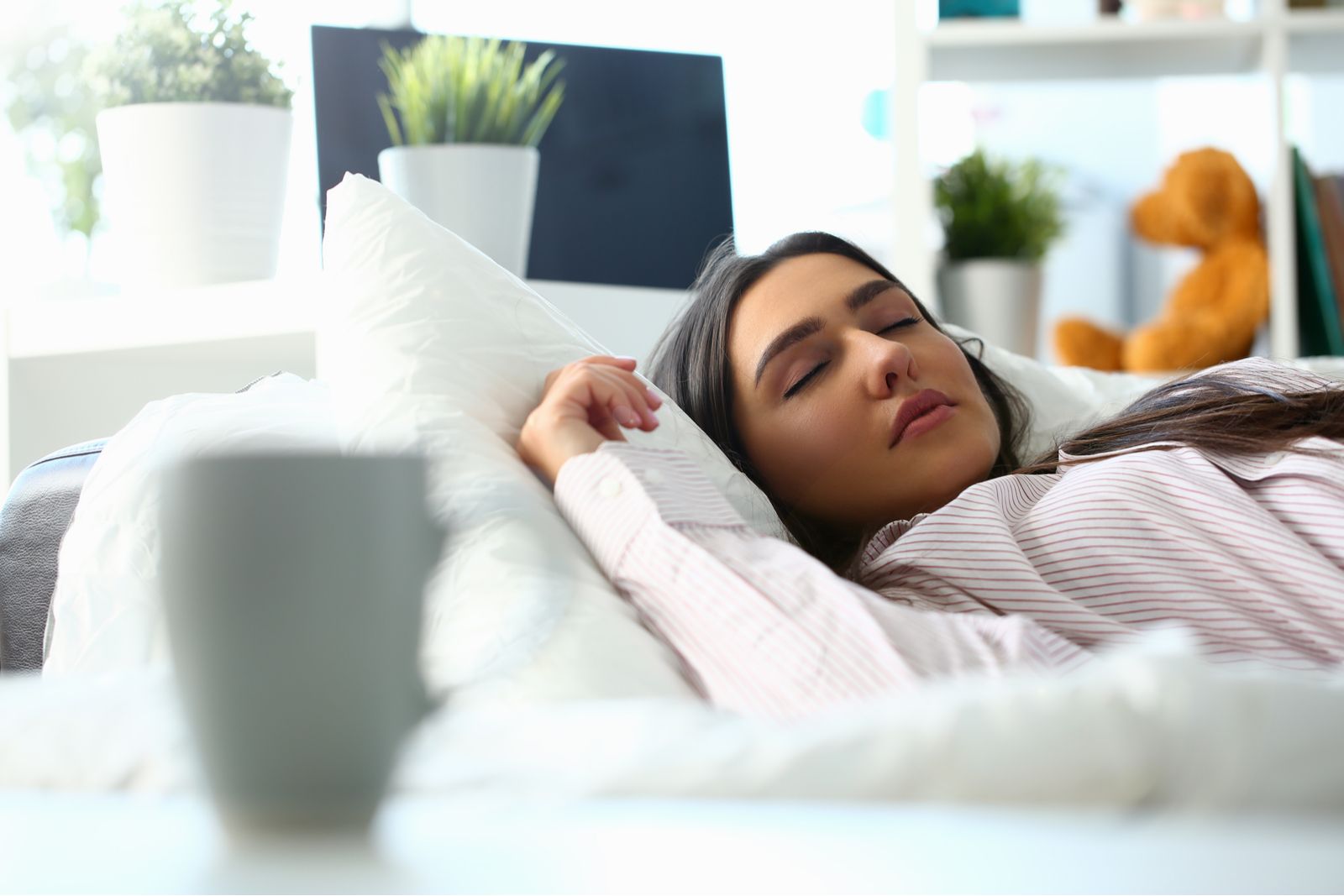As physicians, we stand at the forefront of diagnosing and managing sleep disorders, crucial for improving patient health and well-being. Among the essential diagnostic tools available, both in-lab sleep studies and home sleep apnea testing offer distinct benefits and indications, each catering to different diagnostic needs and scenarios.
Benefits of In-Lab Sleep Studies:
Gold Standard in Diagnosis: In-lab sleep studies serve as the gold standard for diagnosing a spectrum of sleep disorders. These comprehensive studies yield highly accurate results and are particularly adept at diagnosing various conditions.
Accurate Diagnosis: They offer an extensive array of data, including sleep time, REM sleep, and different sleep stages. Additionally, in-lab studies can detect conditions beyond sleep apnea, such as periodic limb movements, parasomnias, seizures, narcolepsy, and idiopathic hypersomnia.
Determining Severity: Providing a more accurate determination of the severity of sleep disorders, in-lab studies offer higher sensitivity and a higher negative predictive value, crucial in assessing the severity and potential impact of a sleep disorder.
Benefits of Home Sleep Apnea Testing:
Focused on Sleep Apnea: Home sleep apnea tests primarily focus on detecting sleep apnea, offering convenience by allowing patients to sleep in the comfort of their homes. However, they lack the comprehensive assessment capabilities of in-lab studies.
Potential Limitations: Home tests may only monitor recording time and may not detect sleep itself, potentially leading to false negatives due to reduced recording time. There’s also concern regarding the validity of home test results as it’s challenging to verify who performs the study, especially concerning for legal purposes like DOT evaluations, pilots, or patients undergoing bariatric surgery.
Lower Sensitivity: Compared to in-lab studies, home sleep apnea tests have lower sensitivity and a lower negative predictive value, potentially underdiagnosing sleep apnea and missing other sleep disorders.
Clinical Recommendations and Best Practices:
Given the differing capabilities and limitations, a strategic approach is recommended:
- Initiate with a home sleep apnea test for suspected sleep apnea cases or in scenarios where patient comfort and convenience are prioritized.
- Consider in-lab sleep studies in cases where comprehensive diagnostics and accurate assessment of various sleep disorders are crucial.
- Follow up with an in-lab study if the home sleep test yields inconclusive or negative results, especially when there’s a high clinical suspicion for a sleep disorder beyond sleep apnea.

